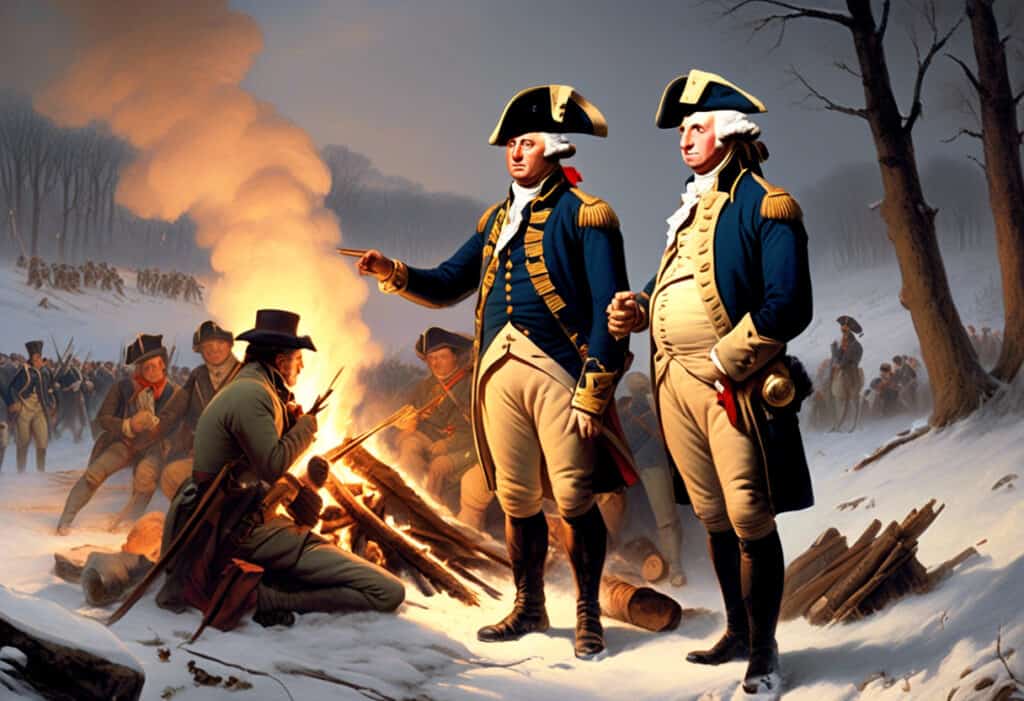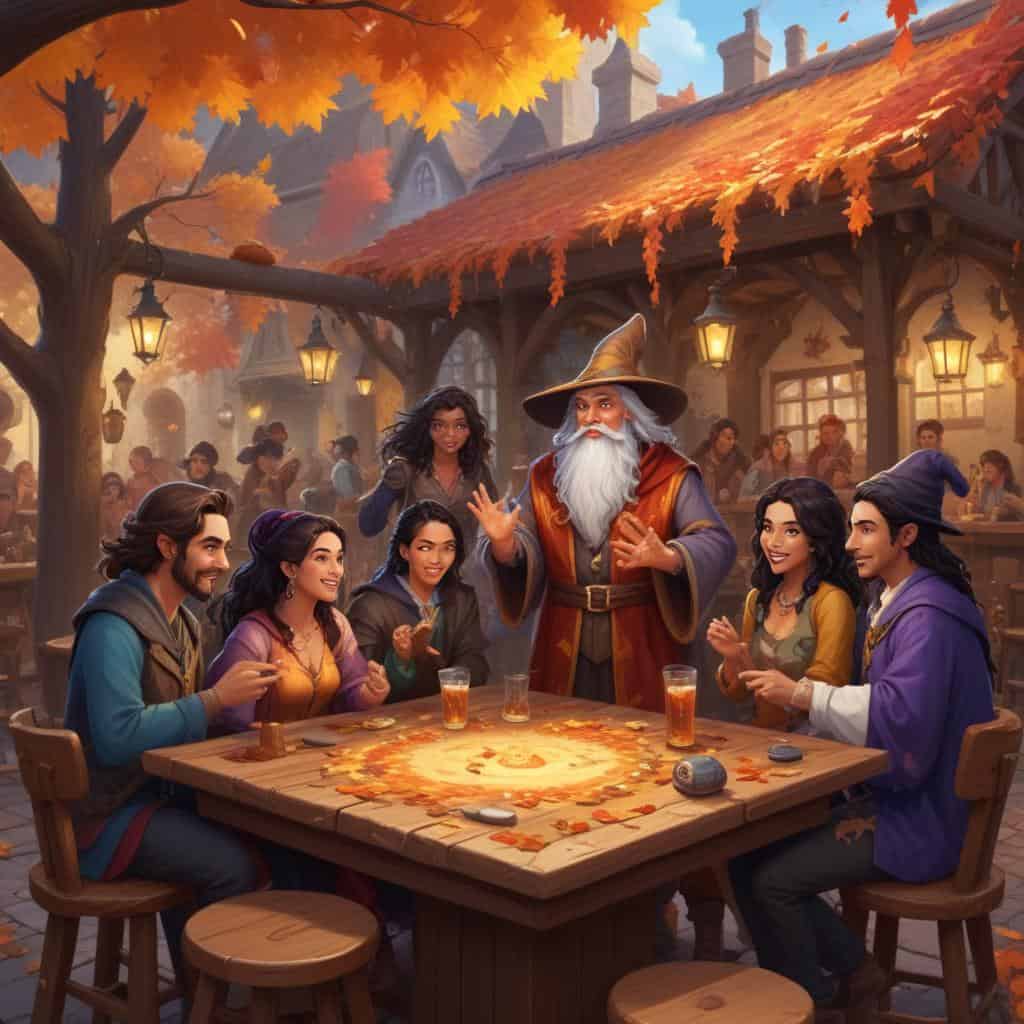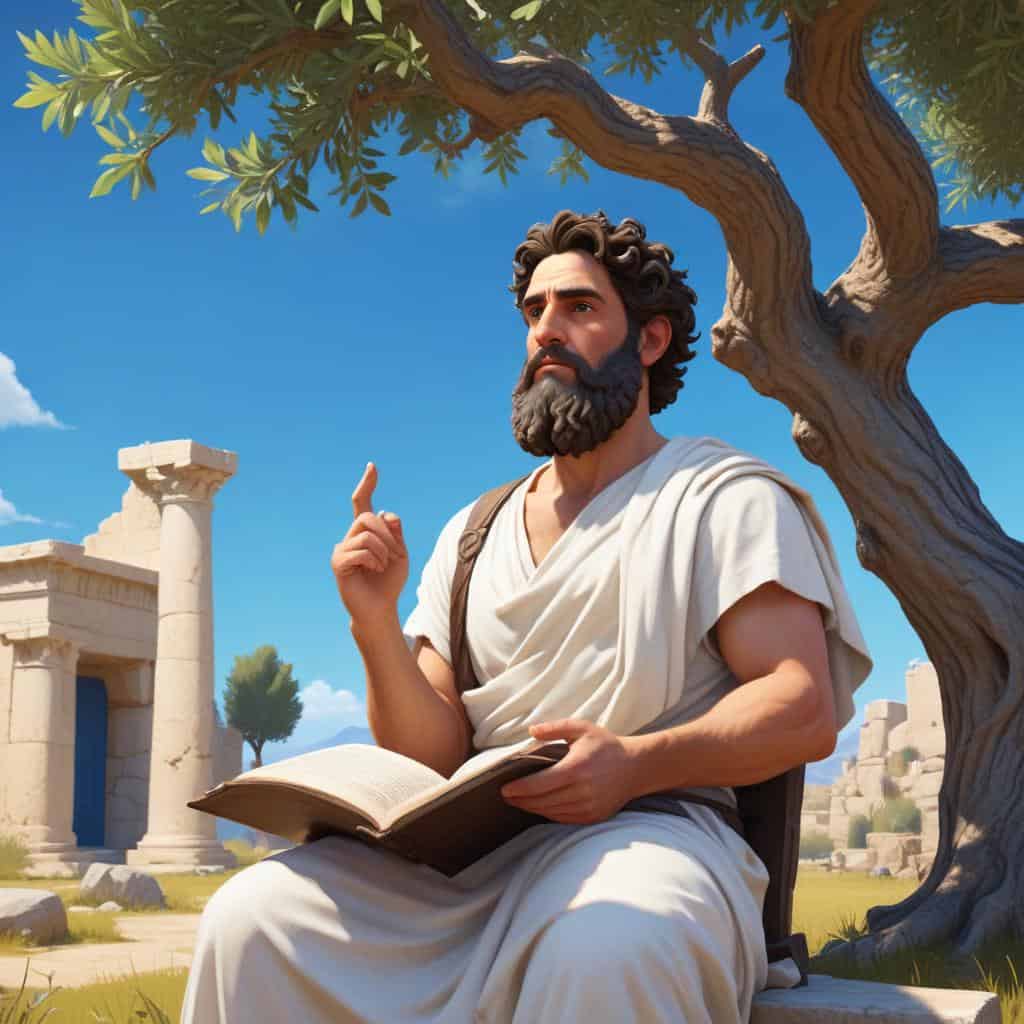The American Revolution was a time of political upheaval in the colonies of America. It took place between 1765 and 1783. The revolution resulted in the colonies gaining independence from British rule. This led to the formation of the United States of America as a new nation. The conflict arose from tensions over taxation, representation, and other issues. The revolution had a significant impact on the development of democracy and freedom in America. It also influenced other revolutions around the world.
Summary List
- The American Revolution was a war fought between the American colonies and Great Britain.
- It lasted from 1775 to 1783.
- The Declaration of Independence was written in 1776, declaring the colonies' independence from Great Britain.
- Key figures in the American Revolution include George Washington, Thomas Jefferson, and Benjamin Franklin.
- The American colonies won the war and gained their independence, forming the United States of America.
Games and Apps
Learning Modules
Declaration of Independence
The Declaration of Independence, penned by Thomas Jefferson in 1776, is a revolutionary document that boldly proclaims the rights of individuals and declares independence from British rule. Its powerful words continue to inspire and shape the course of history, embodying the spirit of freedom and equality for all.
I Want To Learn This!Continental Congress
The Continental Congress was a pivotal assembly of delegates from the 13 American colonies that met during the Revolutionary War. They made crucial decisions that shaped the course of American history, including declaring independence from Britain and drafting the Articles of Confederation. Their actions laid the foundation for the United States.
I Want To Learn This!Battle of Bunker Hill
The Battle of Bunker Hill was a pivotal moment in the American Revolution, with colonial forces taking on the might of the British army. Despite suffering heavy losses, the Americans showed their determination and resilience, setting the stage for the long and bloody fight for independence.
I Want To Learn This!Saratoga: Turning Point of the Revolution
"Saratoga: Turning Point of the Revolution" delves into the pivotal battle that changed the course of the American Revolutionary War. Through gripping storytelling and meticulous research, this book sheds light on the key events, strategies, and personalities that led to America's victory at Saratoga and ultimately, independence.
I Want To Learn This!Valley Forge: Winter of Hardship
Experience the harsh winter of 1777-1778 at Valley Forge, where General George Washington and his troops faced extreme conditions and hardships during the American Revolutionary War. Witness their resilience and determination as they struggle to survive and ultimately emerge stronger and more unified than ever before.
I Want To Learn This!Battle of Yorktown: British Surrender
Experience the historic Battle of Yorktown like never before as you witness the dramatic surrender of the British forces. This pivotal moment in American history marked the end of the Revolutionary War and the birth of a new nation. Join us as we relive this unforgettable chapter in our past.
I Want To Learn This!Treaty of Paris 1783
The Treaty of Paris 1783 marked the end of the American Revolutionary War and recognized the independence of the United States from Great Britain. Signed on September 3, 1783, this historic agreement established new boundaries for the newly formed nation and laid the foundation for diplomatic relations between the two countries.
I Want To Learn This!George Washington’s Leadership
George Washington's leadership during the American Revolution was crucial in securing victory for the patriots. His strategic prowess, unwavering determination, and ability to inspire his troops were instrumental in shaping the course of history. Learn more about the Father of our Country and his extraordinary leadership skills.
I Want To Learn This!Role of French Alliance
The French Alliance played a crucial role in the American Revolutionary War, providing military support and supplies to the American colonies in their fight for independence from Britain. This partnership helped turn the tide of the war and ultimately led to the defeat of the British forces.
I Want To Learn This!Importance of Guerrilla Warfare
Guerrilla warfare, characterized by small, mobile tactics and surprise attacks, has played a crucial role in many historical conflicts. From the American Revolution to modern-day insurgencies, guerrilla tactics have proven to be a formidable force against larger, conventional armies. Learn more about the significance of this unconventional warfare strategy.
I Want To Learn This!Role of American Navy
The American Navy plays a crucial role in protecting the nation's interests and ensuring freedom of navigation in the world's oceans. With a formidable fleet of ships and highly trained personnel, the Navy is prepared to respond to any threat that may arise on the high seas.
I Want To Learn This!Impact of Enlightenment Ideas
The Impact of Enlightenment Ideas revolutionized society by promoting reason, individualism, and democracy. These ideals sparked a wave of social, political, and cultural changes, leading to the rise of modern democracy, human rights, and scientific progress. The Enlightenment continues to shape our world today.
I Want To Learn This!Role of Women in the Revolution
The role of women in the revolution was pivotal, yet often overlooked. From acting as spies and messengers to leading protests and organizing boycotts, women played a crucial role in shaping the course of history. Their contributions deserve recognition and appreciation for their bravery and determination.
I Want To Learn This!African Americans in the Revolutionary War
African Americans played a crucial and often overlooked role in the Revolutionary War, serving as soldiers, spies, and messengers. Despite facing discrimination and unequal treatment, their contributions were essential to the fight for American independence. Learn about their bravery and resilience in this often untold chapter of history.
I Want To Learn This!Formation of State Governments
During the early years of America's independence, the formation of state governments was a crucial step in establishing order and governance. From drafting constitutions to electing officials, each state navigated its own path towards self-governance, shaping the future of the new nation.
I Want To Learn This!Articles of Confederation: Weaknesses and Revisions
The Articles of Confederation: Weaknesses and Revisions explores the shortcomings of America's first governing document and the compromises that led to the creation of the United States Constitution. From limited central authority to interstate disputes, this book delves into the challenges of building a stronger federal government.
I Want To Learn This!Shays’ Rebellion: Call for Stronger Central Government
Shays' Rebellion: Call for Stronger Central Government explores the uprising of debt-ridden farmers in post-Revolutionary War America. This pivotal event highlighted the weaknesses of the Articles of Confederation and ignited a conversation about the need for a stronger central government. Join us as we delve into this fascinating chapter of American history.
I Want To Learn This!Constitutional Convention: Creating a New Nation
Step back in time to 1787 and witness the birth of a new nation as delegates gather in Philadelphia for the Constitutional Convention. Follow the debates, compromises, and dramatic moments that shaped the foundation of the United States. Discover the challenges and triumphs of creating a constitution that still guides our country today.
I Want To Learn This!












